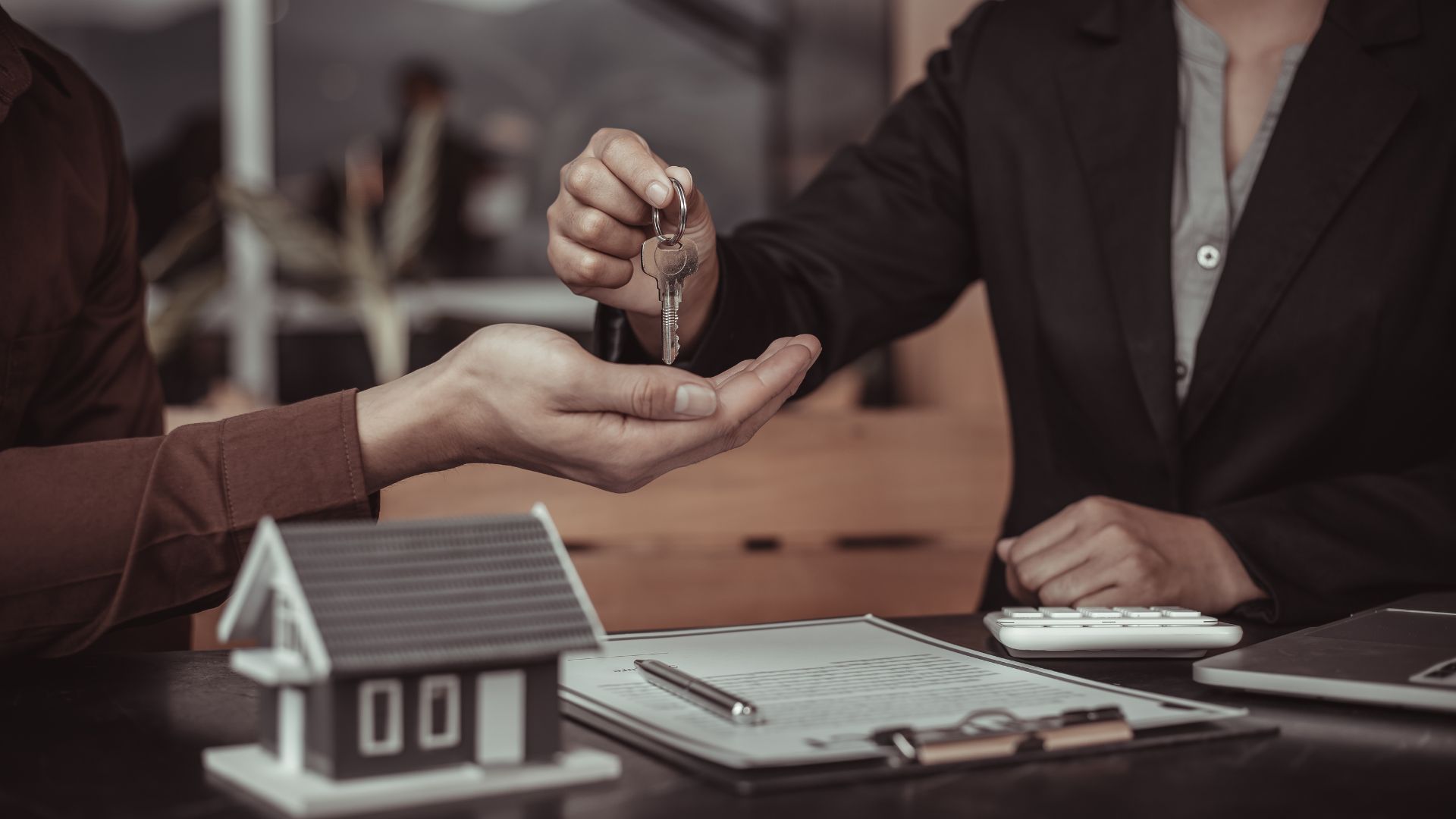
When visiting a business, private home, or public space, you expect the property to be reasonably safe. If a hazardous condition causes injury, Florida premises liability law may give you the right to seek compensation. Property owners have legal duties that vary based on the situation, and failure to meet those obligations can result in liability.
This guide explains how liability works in Florida, what duties property owners owe to visitors, and how Maranatha Law can help you protect your rights.
What Is Florida Premises Liability Law?
Florida premises liability law governs the legal duties property owners owe to people who enter their property. These laws require owners to maintain safe conditions and either fix or warn about hazards they know or should know about.
Premises liability claims can arise from:
- Slips or trips caused by wet floors or uneven surfaces,
- Inadequate lighting in stairwells or hallways,
- Falling merchandise in stores,
- Lack of warning signs near known dangers, and
- Insufficient security measures leading to assault or injury.
If a property owner failed to take reasonable precautions and you were hurt as a result, you may be entitled to compensation.
Types of Visitors and the Duty of Care
Under Florida premises liability law, the duty a property owner owes to a person depends on why that person is on the property. Courts categorize entrants into three main groups: invitees, licensees, and trespassers. Each group is owed a different level of care.
Invitees
Invitees are individuals who enter a property for the benefit of the owner, typically for a business purpose. This includes customers at stores, clients at offices, or tenants in leased residential buildings. Property owners owe invitees the highest duty of care. This includes:
- Regular inspections of the premises for dangerous conditions,
- Prompt repair or removal of hazards, and
- Clear warnings about risks that cannot be immediately resolved.
In addition to routine maintenance, owners must remain vigilant about temporary dangers, such as wet floors, loose mats, or falling merchandise, and take timely action to reduce the risk of injury. Failure to do so may create grounds for a negligence claim.
Licensees
Licensees are social guests or individuals who enter a property for their own purposes with the owner’s consent. This may include friends visiting a home or neighbors dropping by unannounced. While property owners are not required to inspect for dangers for licensees, they must still:
- Warn guests about known hazards that are not obvious, and
- Avoid creating unsafe conditions through carelessness.
Although the legal duty is not as demanding as with invitees, property owners cannot ignore dangerous situations they are aware of, especially when those hazards are hidden or unusually risky.
Trespassers
Trespassers are people who enter a property without permission. Florida law generally does not hold property owners liable for injuries to adult trespassers, but owners cannot act with the intent to harm.
However, there are some situations when an owner could still be held liable for an injury to an uninvited person. These situations fall under the “attractive nuisance doctrine.” This doctrine applies when:
- The trespasser is a child,
- A dangerous condition (like a swimming pool or abandoned structure) is likely to attract children, and
- The owner knew or should have known about the potential hazard.
In these cases, property owners must take reasonable steps to prevent access or eliminate the danger. The law recognizes that children may not fully understand the risks of entering a property, and landowners must act accordingly.
Common Hazards That Can Lead to Liability
Some of the most common unsafe property conditions that result in injuries include:
- Wet or recently mopped floors without warning signage;
- Broken or poorly maintained staircases;
- Inadequate outdoor lighting or missing handrails;
- Cracked walkways or sidewalks; and
- Loose rugs, cords, or debris in walkways.
In order to hold a property owner legally responsible for injuries, you must show that they either knew about one of these hazards or should have discovered it through reasonable care. This is where the concepts of actual and constructive knowledge become important.
To prove a property owner was negligent, Florida law requires evidence of either of the following:
- Actual knowledge. The owner was directly aware of the dangerous condition (e.g., a spill a staff member witnessed and ignored).
- Constructive knowledge. The condition existed long enough that the owner should have discovered it through regular inspection. This can be shown through patterns of recurring hazards or a lack of routine safety checks.
Establishing knowledge is critical because it connects the owner’s duty of care to their failure to act. Without proving that the owner had actual or constructive knowledge, a premises liability claim is unlikely to succeed.
Florida’s Modified Comparative Negligence Rule
Under Florida’s modified comparative negligence system, your compensation may be reduced if you’re found partly at fault. As of 2023, if you are more than 50% responsible, you cannot recover damages.
For example, if you slipped on a wet floor while looking at your phone and failed to notice posted warnings, a court could assign you partial fault. Your total compensation would then be reduced in proportion to your share of liability.
Statute of Limitations in Florida
The deadline to file a premises liability lawsuit in Florida is two years from the date of the injury. Missing this deadline may permanently bar your claim. Certain exceptions apply, such as when the victim is a minor or if the claim is against a government agency, but these are limited and require quick action.
Preserving evidence early and contacting a lawyer soon after the injury is critical to a strong case.
What to Do After an Injury on Someone Else’s Property
If you’re hurt due to a property owner’s negligence, take these steps to protect yourself and your potential claim:
- Report the incident to the property owner or manager;
- Take photos of the hazard and surrounding area;
- Gather names and contact info from witnesses;
- Seek prompt medical care; and
- Keep records of your injuries, expenses, and communications.
Avoid giving recorded statements to insurance companies until you’ve consulted a lawyer.
Why Choose Maranatha Law?
Navigating Florida premises liability law can be overwhelming, especially when recovering from an injury. At Maranatha Law, we offer personalized, compassionate legal guidance backed by deep experience in Florida’s premises liability claims. Founding attorney Tim Shanahan understands how to gather strong evidence, apply the law to your situation, and advocate for the compensation you need.
Our team prioritizes client service. You’ll never be treated like a case number, and we won’t back down when insurance companies try to minimize your injuries.
Injured on someone else’s property in Florida? Reach out to Maranatha Law for a free consultation. We’ll help you understand your rights and take action to recover what you deserve.



